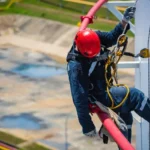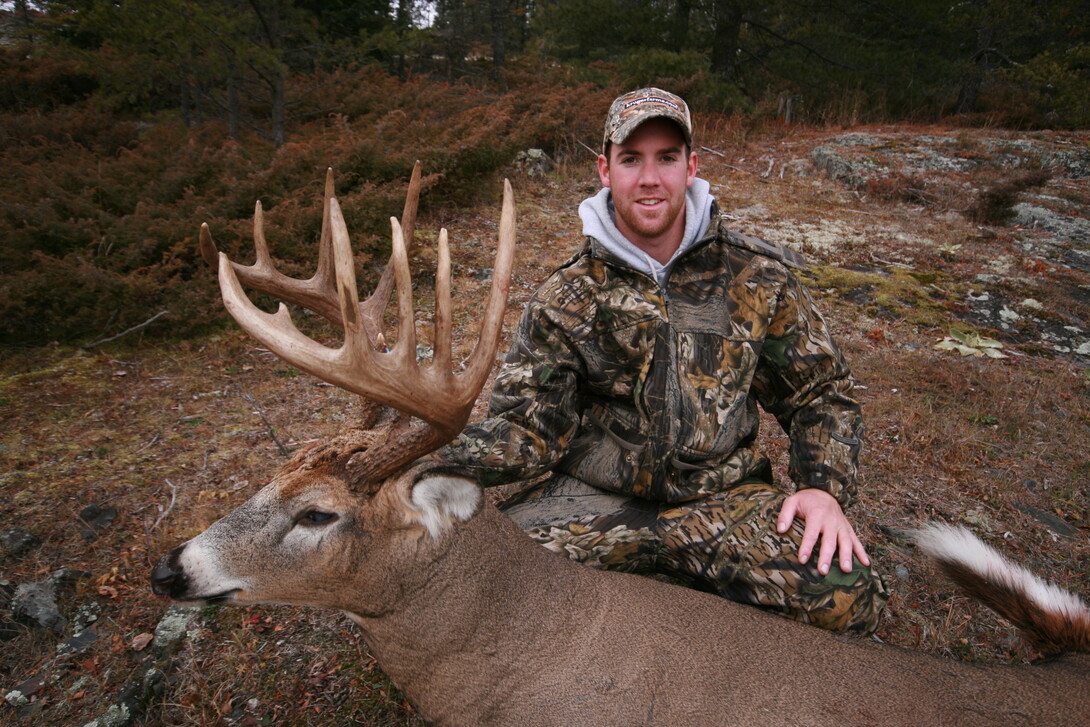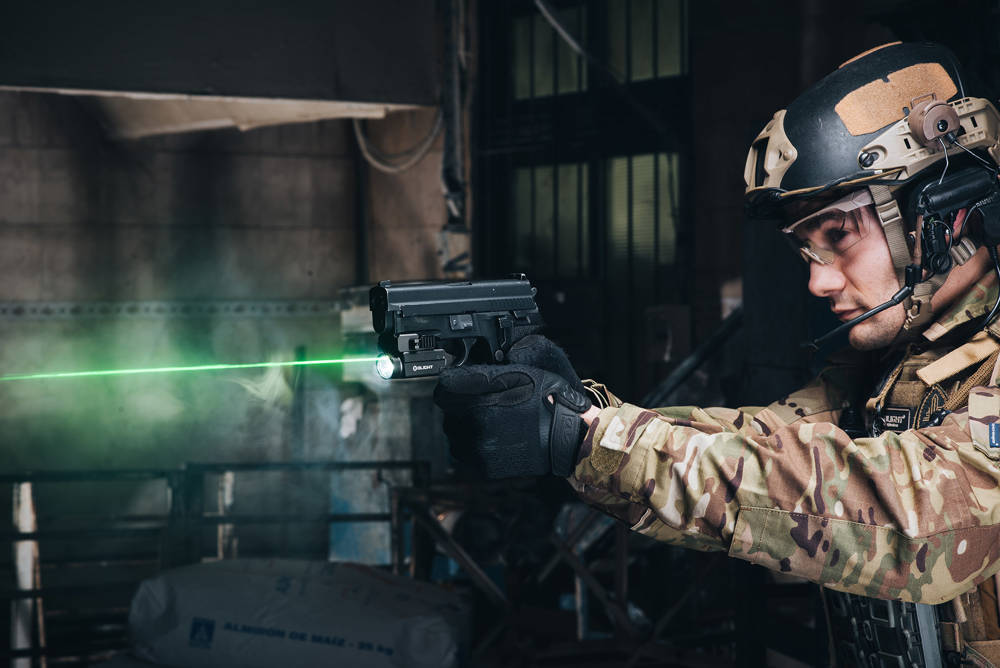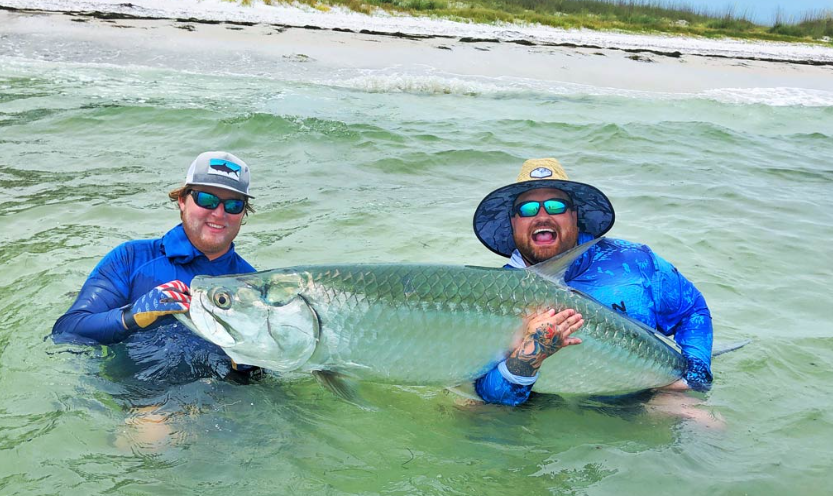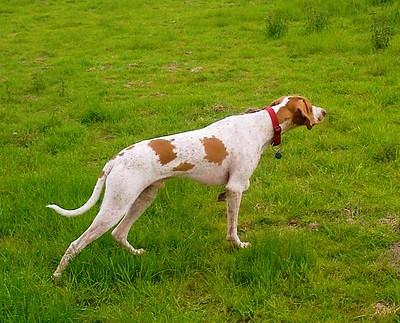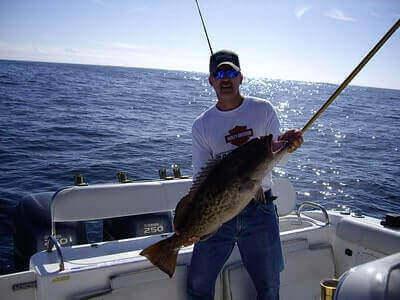The pleasure of being in the vast outdoors plus the suspense of your first deer hunting excursion make for an exciting experience. As a novice, it is essential to arm yourself with the knowledge to make the most of your hunting adventure. From understanding deer behavior to mastering essential gear, this guide will provide ten key insights for first-time deer hunters.
1. Choosing the Appropriate Gear
A great deer hunting experience depends on having the right equipment. A deer feeder is one of the pieces of equipment that can greatly increase your chances of having a successful hunt, as it helps attract deer to a specific area. Additionally, ensure you have the appropriate firearm or bow, comfortable hunting clothing, and reliable optics to observe your surroundings effectively. Take your time finding and choosing the equipment that best fits your requirements and tastes. To maximize your hunting experience, take into account elements like the terrain, the weather, and your comfort level.
2: Comprehending the Behavior of Deer
Given their reputation for being elusive, deer behavior is something that hunters must comprehend. Before heading into the woods, familiarize yourself with the feeding patterns, preferred habitats, and movement routines of deer in your hunting area. By comprehending these patterns, you can strategically position yourself, increasing the likelihood of encountering deer during your hunt. Additionally, paying attention to natural cues like tracks and droppings can provide valuable insights into recent deer activity, further refining your hunting strategy. Take the time to study the landscape, and you will enhance your ability to anticipate and connect with these elusive creatures.
3: Mastering Stealth and Patience
Deer are highly sensitive to their surroundings, including sound and movement. Patience is a virtue in hunting; waiting quietly for deer to approach the feeder can lead to rewarding opportunities. Understanding the art of stillness and blending into your environment will significantly contribute to your success as a deer hunter. In addition, mastering the skill of observation allows you to interpret subtle cues in the deer’s behavior, giving you a strategic advantage in predicting their movements and increasing your chances of a successful harvest. Remember, the more attuned you are to your surroundings, the more successful and fulfilling your deer hunting experience will be.
4: Scouting Your Hunting Area
Scouting your hunting area is a fundamental step for any deer hunter. Identify key locations where deer are likely to travel, such as trails, bedding areas, and natural funnels. If there are trail cameras available, view them frequently to keep an eye on deer activity and modify your hunting tactics as necessary. Knowing the topography of the land and the presence of water sources can further refine your scouting efforts, providing valuable insights into the movement patterns of deer in your chosen hunting area. Additionally, consider the prevailing wind direction, as being mindful of scent dispersion can significantly enhance your chances of remaining undetected by wary deer.
5: Acquiring Knowledge of Safety Procedures
For hunters, safety should always come first. Following these recommendations will guarantee a safe hunting environment for you and other hunters. Equip yourself with proper safety gear, including blaze orange clothing, and communicate your whereabouts with fellow hunters to prevent accidents. Additionally, stay updated on first aid techniques and carry a well-equipped first aid kit, as being prepared for unforeseen situations adds an extra layer of safety to your hunting endeavors. Understanding and promoting a culture of safety within the hunting community contributes to a safer and more enjoyable experience for everyone.
6: Adjusting to the Weather
Early in the morning and late at night, when it is colder outside, are when deer are most likely to be active. Your chances of having a successful hunt are increased when you modify your hunting plan to coincide with favorable weather. Furthermore, since deer primarily rely on their sense of smell, it is imperative to pay attention to the direction of the wind. Understanding how wind patterns affect your scent dispersion can further improve your stealth and increase the likelihood of a close encounter with deer.
7: Developing Marksmanship Skills
Whether you are using a rifle or bow, honing your marksmanship skills is essential for ethical and effective hunting. To improve your accuracy and confidence, practice shooting at various distances on a regular basis. Familiarize yourself with the anatomy of deer to make ethical shots that ensure a quick and humane harvest. Aiming for vital organs not only enhances your hunting skills but also contributes to the well-being of the wildlife you pursue. Emphasizing humane and ethical practices fosters a sense of responsibility among hunters, promoting a positive image for the hunting community.
8: Legal and Ethical Considerations
Responsible and ethical hunting involves understanding and adhering to legal regulations. Acting ethically ensures the conservation of wildlife populations and maintains a positive reputation for the hunting community. Remain up to date on any modifications to the laws and promote ethical hunting methods. Engaging in conservation efforts beyond legal requirements demonstrates a commitment to preserving the delicate balance of ecosystems and contributes to the long-term health of the natural world.
9: Building Conservation Awareness
As a deer hunter, you play a vital role in wildlife conservation. Support habitat restoration projects, take part in cleanup events, and show environmental respect to help with conservation efforts. Future generations’ access to animal populations is guaranteed by ethical and conservation-minded hunting practices. Engaging in educational outreach and promoting a deep understanding of the delicate balance between hunters and the environment further solidifies your commitment to preserving the beauty and diversity of wildlife ecosystems for generations to come.
10: Joining the Hunting Community
The hunting community is a valuable resource for novice deer hunters. Engage with experienced hunters, join local hunting clubs, and attend workshops or events to expand your knowledge and skills. Talk about your experiences, pick up tips from others, and strengthen the bonds among hunters. Connecting with fellow hunters provides a supportive network and enhances the overall enjoyment of your deer hunting pursuits. The camaraderie within the hunting community not only offers practical insights but also fosters a sense of belonging. Exchanging stories, techniques, and tips with seasoned hunters creates lasting bonds, enriching your journey as a novice deer hunter.
Conclusion:
Armed with the knowledge of gear selection, deer behavior, safety measures, and ethical considerations, you are well-prepared for a fulfilling and successful hunting experience. Embrace the adventure, continue learning, and contribute to the rich tradition of responsible and ethical deer hunting.




